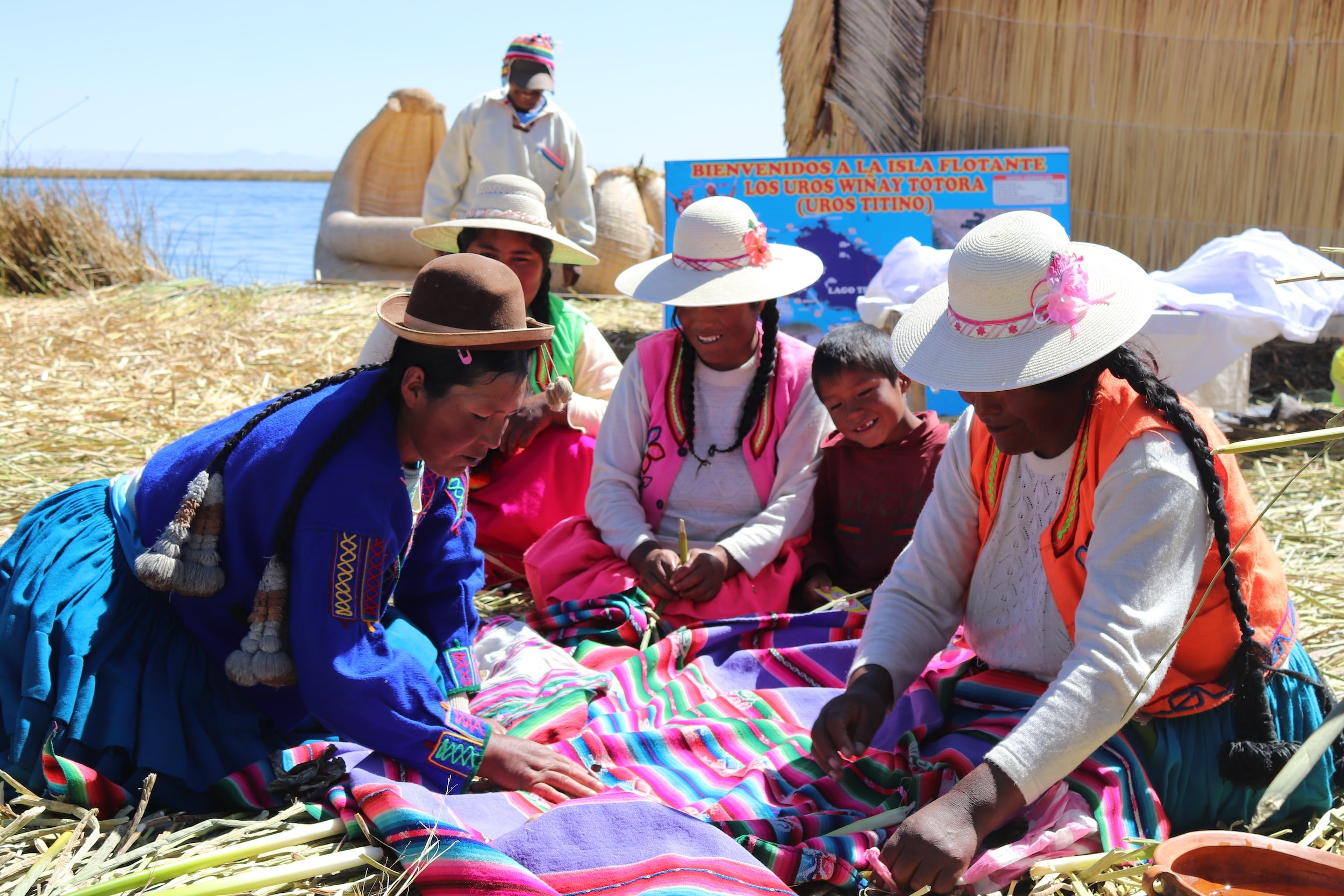Avoid Fraud in Online Surveys
We tend to think of ethical research behavior on the part of the researcher. However, we need to be prepared for the possibility that participants will behave unethically. In online survey research, particularly when there is an incentive, rogue participants can wreak havoc. They race through, clicking without reading the questions, or leave important questions unanswered. Or, they try to collect the incentive more than once by changing their names and submitting multiple times. Online surveys are incredibly useful for quantitative, qualitative, and mixed methods research, so what can we do?
Dr. Jennifer Lawlor and her co-researchers developed the Reflect, Expect, Analyze, Label (REAL) Framework to address this problem. In this interview she discusses the framework’s four sets of guiding questions and walks through examples.
Dr. Jennifer Lawlor explains the Reflect, Expect, Analyze, Label Framework.
Want to learn more about the REAL Framework?
Read this open access article by Jennifer and her co-researchers:
Lawlor, J., Thomas, C., Guhin, A. T., Kenyon, K., Lerner, M. D., & Drahota, A. (2021). Suspicious and fraudulent online survey participation: Introducing the REAL framework. Methodological Innovations, 14(3). https://doi.org/10.1177/20597991211050467
Abstract. Online survey research has significantly increased in popularity in recent years. With its use, researchers have a new set of concerns about data collection and analysis to consider, including the possibility of fraudulent survey submissions. The purpose of this article is to demonstrate to survey researchers an innovative and systematized process for addressing online survey fraud over the course of collecting survey data, especially when respondents collect incentives for participation. We provide the Reflect, Expect, Analyze, Label Framework, which includes four sets of guiding questions for use by online survey researchers to plan for addressing survey fraud and making determinations about the inclusion or exclusion of participant submissions from the dataset based on level of suspicion. We also provide a full case example utilizing the Reflect, Expect, Analyze, Label Framework as an appendix. Those wanting to apply the Reflect, Expect, Analyze, Label Framework should keep in mind several considerations as they apply it, including determining logistical needs ahead of survey implementation, considering the ethical issues related to including or excluding data in a study, and considering the issues related to providing incentives for participating in research. Future research should assess the frequency of survey fraud, investigate the reasons for its occurrence and explore the role social networks may play in fraudulent participants sharing information. We suggest that researchers consider online survey fraud as an issue over the lifespan of their survey and apply the guiding questions we present to address the issue throughout.
More Methodspace posts about research ethics
Watch the recent, thought-provoking webinar focusing on the integration of generative AI tools within academic settings. The engaging guest speakers, Dr Leo Lo and Dr Tom Chatfield, delved into the significance of AI literacy for researchers, educators and students, as well as discussing best practices and ethical considerations.
Responsible Conduct of Research program from Epigeum offers vital training for maintaining integrity at every stage of the research lifecycle. In this blog, Professor Nicholas Steneck shares his experience of updating the course to reflect the evolving US research landscape.
Dr. Stommel brings clarity to the messy world of data collection on social media.
The wealth of material available online is irresistible to social researchers who are trying to understand contemporary experiences, perspectives, and events. The ethical collection and -use of such material is anything but straightforward. Find open-access articles that explore different approaches.
How to protect data when recording interviews on videoconference platforms.
The public is exposed to news stories about bad academic research behavior online. How can we counter this narrative and build credibility?
Julianne Cheek and Elise Øby, co-authors of the book Research Design: Why Thinking About Design Matters, discuss how to make decisions about what qualitative, quantitative, or mixed methods data to collect and how to do so. This post is the third of a three-part series of posts that feature ten author interviews.
Julianne Cheek and Elise Øby, co-authors of the book Research Design: Why Thinking About Design Matters, discuss how to make decisions about methodology in this collection of video interviews. This post is the second of a three-part series of posts that feature ten author interviews.
We need to think about research before we design and conduct it.
Julianne Cheek and Elise Øby, co-authors of the book Research Design: Why Thinking About Design Matters, discuss the first three chapters in these video interviews:
Chapter 1 – Research Design: What You Need to Think About and Why
Chapter 2 – Ethical Issues in Research Design
Chapter 3 – Developing Your Research Questions
Some of us feel that technology is everywhere, but that is not the case for everyone. Inequalities persist. What do these disparities mean for researchers?
Ethical decisions are present throughout the process of academic writing and publishing. This collection of open-access articles offers insights about some of the issues writers face.
Learn more about the peer review processes and ideas from the field about how to improve it. Find a variety of perspectives in this collection of open-access articles.
SAGE MethodSpace partnered with Prepared to Zoom into the meeting and hear selected delegates provide statements on the difficulties of research during global crises and suggestions on how stakeholders can work together better in the future. View the recording!
SAGE Publishing offered a free webinar during Banned Books Week. View the recording here.
Many Methodspace researchers conduct independent research, or are in situations where they do not have access to an Institutional Review Board or other ethics review options. Working with a private agency is an option, as described in this guest post.
Explore researchers' roles and practices for developing trust in this collection of open access articles.
This post offers research examples in open-access articles about ethical, respectful, research with Indigenous people and communities.
In this 2018 interview Dr. Benson Honig discusses ethical research conduct.
This collection of open-access articles offers multiple perspectives on the use of Big Data and ethical protocols for computational research methods.
Sometimes we cross borders as well as cultures, other times we find very different cultures in our own neighborhoods. Ethical issues carry more weight when languages, norms, and expectations are grounded in cultural identities. This collection of open-access articles offers insights into research ethics in cross-cultural studies.
Does a signed agreement verify that someone is truly informed and willing to volunteer as a research participant? There are no simple answers to this question! This collection of open-access articles offers a variety of perspectives on the forms used for informed consent agreements.
The Methodspace focus for August 2022 is on research ethics. While following the guidelines and protocols from your institution can be challenging, the dilemmas multiply when you conduct international research. Find open access resources and articles in this post.























Informed consent is the term given to the agreement between researcher and participant. In this post Janet Salmons offers suggestions about the intersections of the Internet communications, ethics and participants.